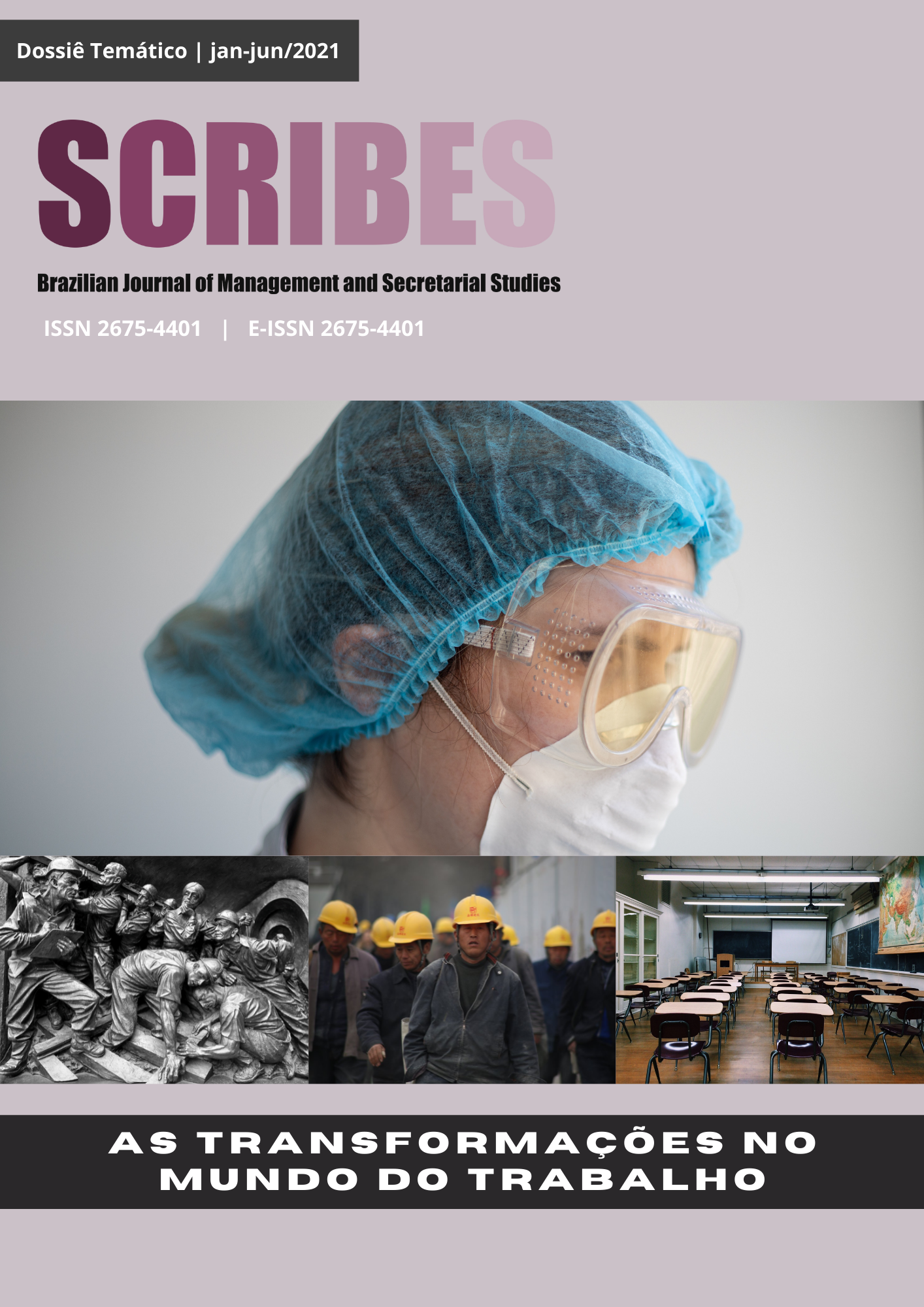The study of occupations
Issues and contributions
DOI:
https://doi.org/10.33228/scribes.2021.v2.12803Abstract
This article revisits studies of occupations and discuss major theoretical debates within and across different disciplines that are concerned with occupations. Recognising this centrality of work to people’s lives, it examines how occupations are understood and how it is an important subject to study and still a challenging subject to be analysed. It argues that the potential contribution of studies of work and occupations can be well developed when analysed through the lens of Labour Process Analysis (LPA), as it is the tradition that attempts to present a picture of what people do and what is in the occupation, the nature of work. The main aim of this article is to review the existing literature on occupations and to acknowledge major contributions to the understanding of occupations. It will conclude by presenting a discussion on those key theoretical issues.
Downloads
Downloads
Published
How to Cite
Issue
Section
License
Published authors agree on the following items:
a. Authors keep copyright ownership whilst ceding to SCRIBES the right to a first publication. The material is also simultaneously licensed under the Creative Commons Attribution-NonCommercial 3.0 Unported Licence, which allows its publication with mutual recognition of authorship and initial publication through SCRIBES.
b. Authors are authorised to engage in third-party contracts independently, as long as they are pursuing a non-exclusive publication of the article originally published in this journal, such as having it appended to an institutional repository or included in a book as a chapter. Authorship and original publication by SCRIBES must still be acknowledged.
c. Authors have permission to and are encouraged to publish their research online, such as in institutional repositories or in their own personal web pages. They are allowed to do that before or after the editorial process, once it inspires any opportunistic alterations to be considered during the aforementioned process, and increase the content’s impact and value as a quotable work (read more on The Effect of Free Access).




